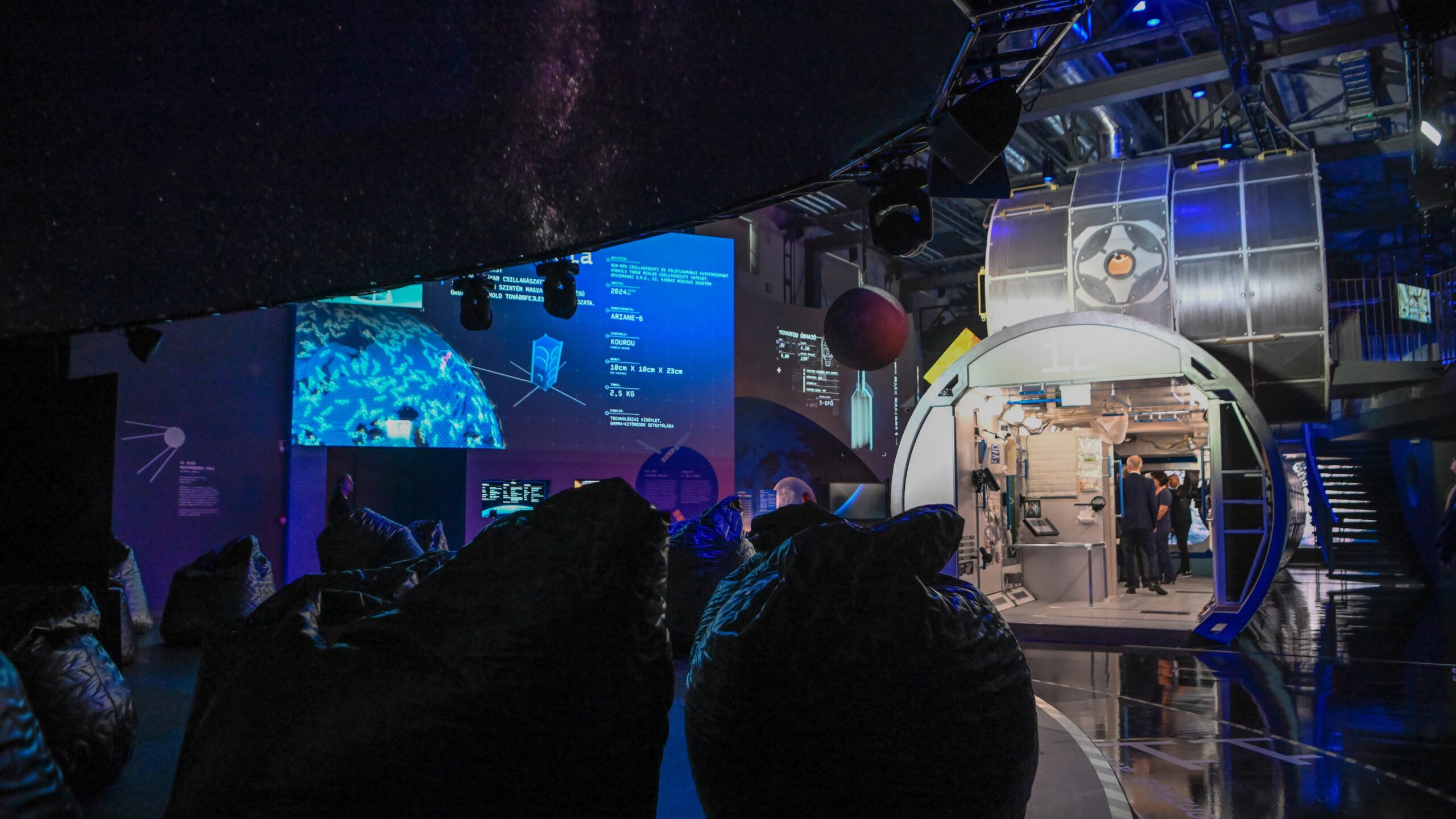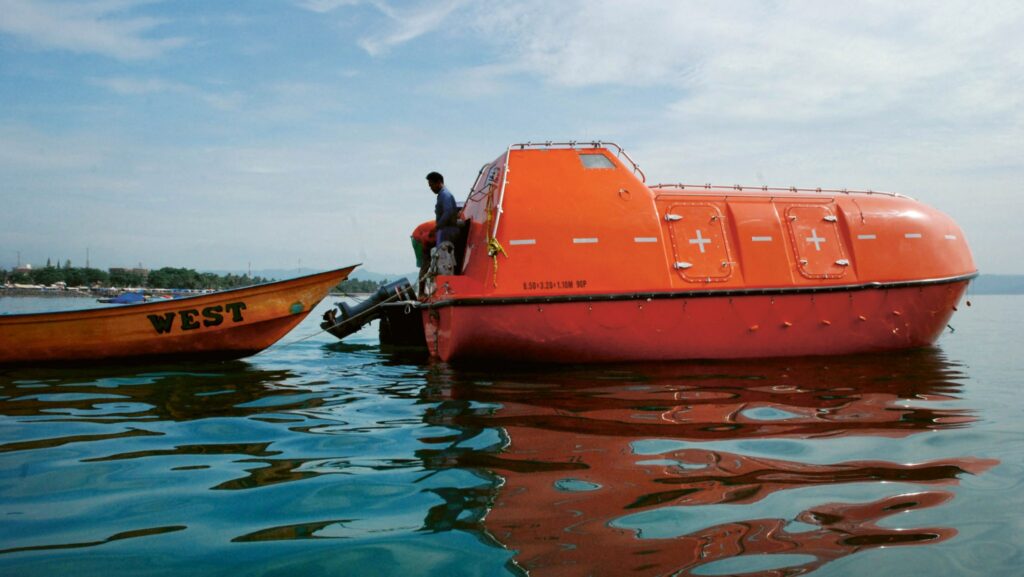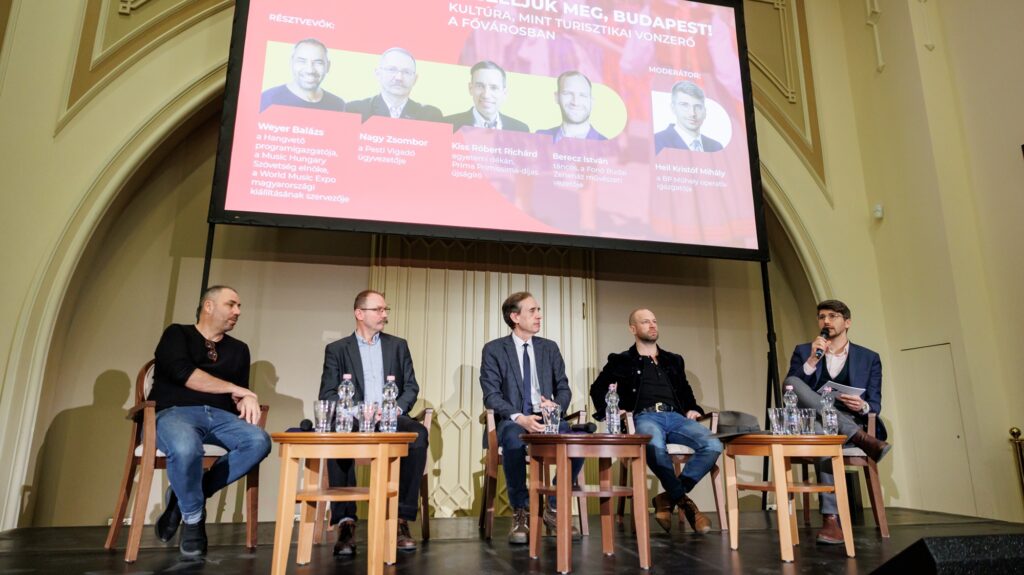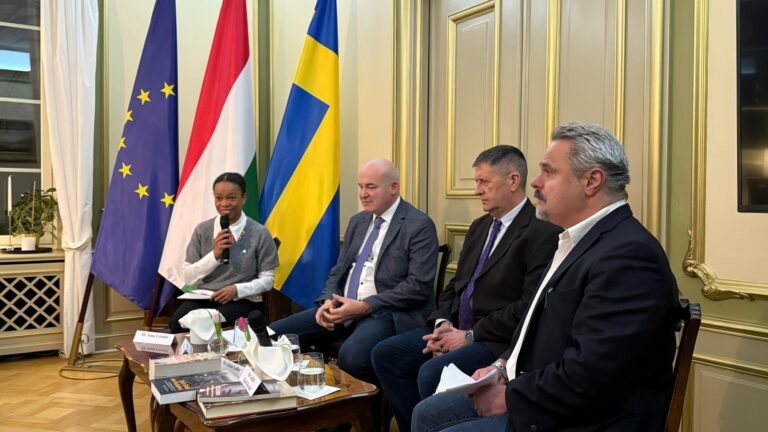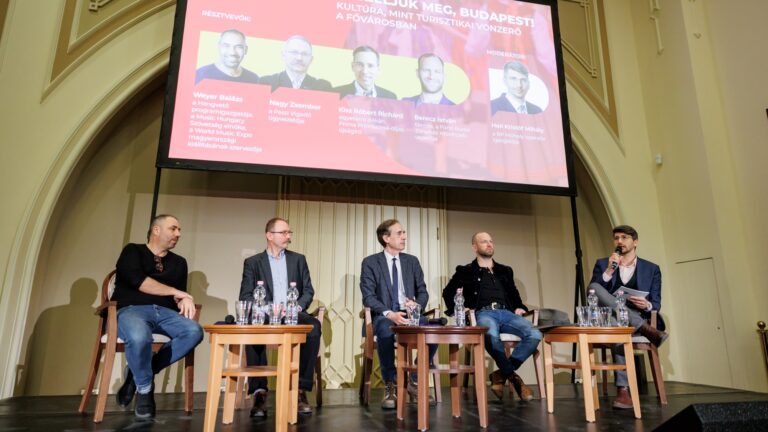Hungary is making bold strides toward a major national goal: sending a Hungarian astronaut to the International Space Station (ISS) for scientific research. Foreign Minister Péter Szijjártó announced the mission during the opening of the new ‘HUNIVERZUM – Hungarians in Space’ visitor centre in Budapest.
Calling it Hungary’s ‘most exciting national goal’, Szijjártó emphasized that this mission is one all Hungarians can unite behind. ‘I believe it’s a goal that every Hungarian can genuinely root for, regardless of background. I can’t imagine anyone not being moved when a Hungarian astronaut docks at the ISS and begins vital research we’ve long dreamed of witnessing,’ he said. The mission is part of Hungary’s renewed commitment to space exploration and industry. The Hungarian government aims to re-establish a presence in space after decades, not for tourism, but for serious scientific work. The selected astronaut will carry out two weeks of research onboard the ISS.
According to Szijjártó, this step is not only about spaceflight but about positioning Hungary at the forefront of the rapidly growing global space industry. ‘In today’s transforming world economy, emerging sectors like space are becoming increasingly vital. Success in this competitive field can give nations a lasting strategic edge,’ he said, adding that only real commitment and significant investment can yield success in such an arena.
The Hungarian government adopted a dedicated space strategy four years ago and appointed a ministerial commissioner to oversee its implementation. Szijjártó noted that Hungary is not new to space exploration—its legacy stretches back more than 80 years, with over 140 Hungarian instruments launched aboard various international missions.
Another reason for the renewed effort is historical. It has been 45 years since Hungary’s first astronaut, Bertalan Farkas, flew into space. ‘That’s long enough. It’s time for Hungary to set this goal again,’ said Szijjártó. He congratulated the next Hungarian astronaut, Tibor Kapu, and his reserve, Gyula Cserényi, for completing a rigorous training programme in recent years.
The mission, Szijjártó concluded, also serves a deeper purpose: to inspire future generations. ‘Long-term success doesn’t come from technology alone—it needs people. We hope this mission will highlight the importance of science and engineering, and encourage young Hungarians to follow in the footsteps of Kapu and Cserényi to strengthen Hungary’s role in the world’s most innovative industries.’
Hungary’s return to space is not just about ambition—it’s about reclaiming a seat at the table of global scientific progress and turning national pride into forward-looking innovation.
Related articles:

